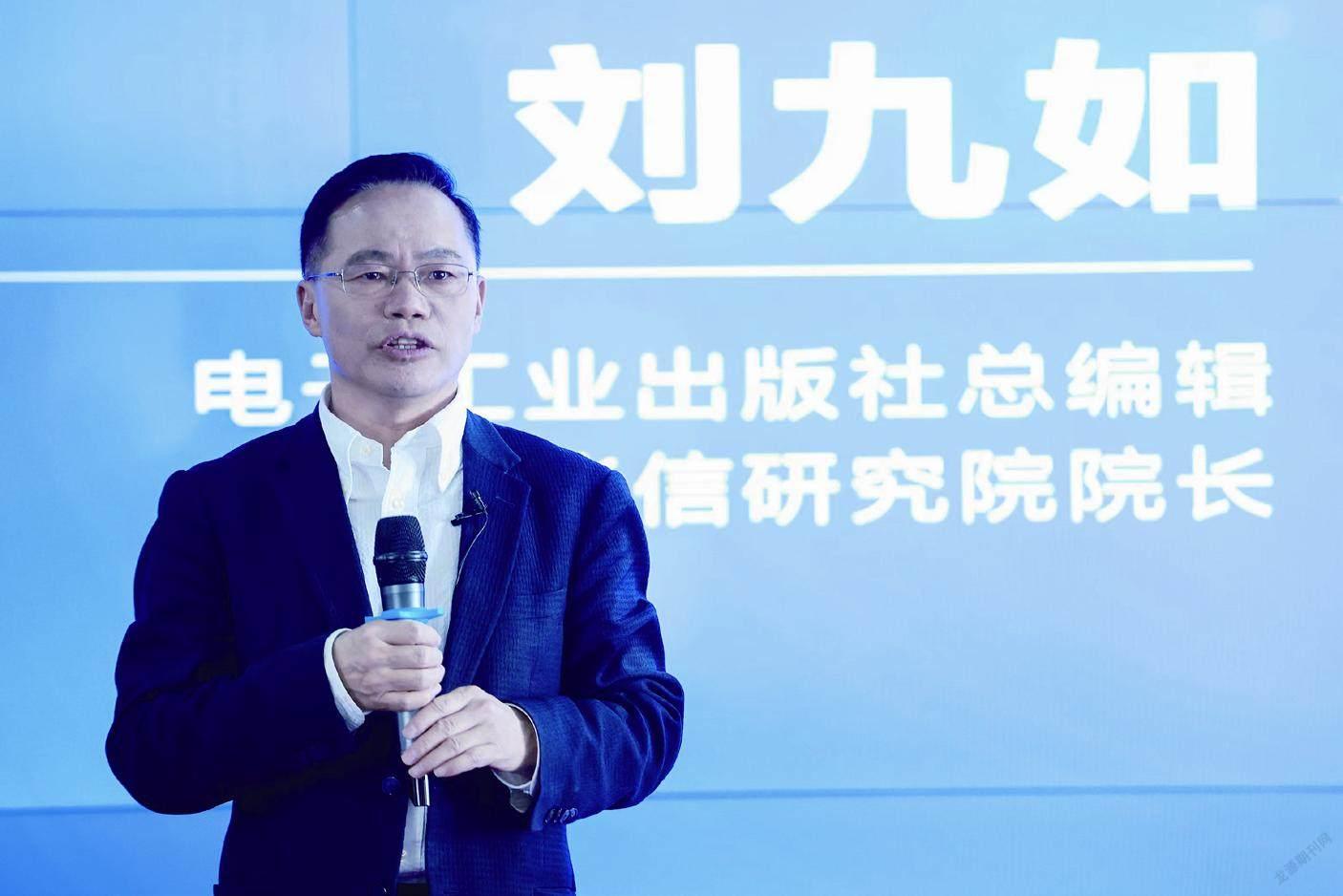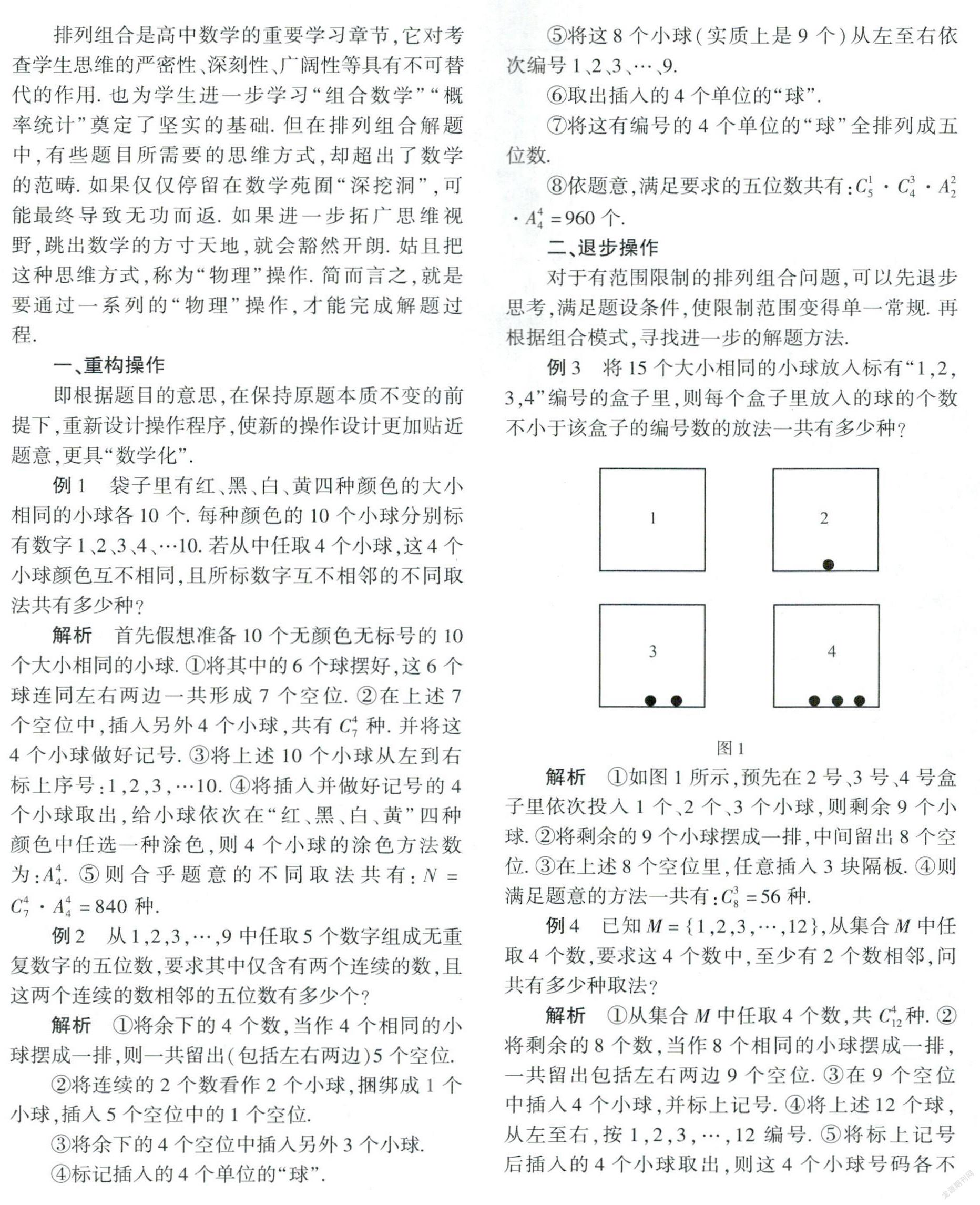Paul Robeson and "The March of the Volunteers"
Born on April 9, 1898 in Princeton, NJ, Paul Robeson, the son of a runaway black slave, became a world-acclaimed artist. Throughout his life, he advocated freedom and equality among all mankind. Report:
Singer, actor, scholar, athlete, social activist, philosopher, linguist, and lawyer.
If we could be one of these types of people, we would feel lucky to be blessed with talent. But Paul Robeson was all of these. The late concert singer and stage and film actor used his artistic achievement to spread the aspiration for freedom and equality everywhere in the world. And in China, the story of Paul Robeson goes deeper.
To Chinese people, late Paul Robeson is more than a Grammy-winning singer and a Hollywood star. He"d been a true friend of this nation during the turmoil of the WWII and offered his help against the Japanese aggression in the 1930s and 1940s. Chinese Honorary President Soong Ching Ling was also one of the admirers of Paul Robeson.
Of course, everything started with his music.
Marni Rosner was one of the lucky people who had actually listened to his singing. Her family had a very deep relation with the artist.
"When I was five in 1957, my mother took me to hear Paul Robeson sing in a church in Philadelphia. That I remembered very well. I remember this absolutely enormous presence. He had a voice like a big bassoon. Your bones would vibrate because it was just a big voice. I"ve never heard anything like that."
Marni Rosner"s mother Jean Rosner used to work for the Farm Security Administration of the United States, directly under Henry Wallace, who was the Vice President in Roosevelt administration. Robeson was one of Wallace"s main supporters in his presidential campaign.
"So Paul Robeson came and sang. For my mother, it is one of her most profound experiences in her life, going with Paul Robeson in the morning and in the evening when the miners coming off shift, they would come exhausted out of coal mines, completed covered in coal slag, weary. Paul Robeson would be singing, greeting them with songs, and just rejuvenating them. No one used to come and sing to coal miners."
British and Canadian Michael Crook was the Vice-chair of the International Committee for the Promotion of Chinese Industrial Coorporatives. Born in China, the foreigner fluent in Beijing dialect recalls his memory of the great performing artist.
"I first learned the name Paul Robeson or perhaps I first recognized the picture of Paul Robeson when I was very young. We have a record, a LP. It had a big picture of Paul Robeson on it and also his name. But what I remember are all the wonderful songs he sang. My whole family love Paul Robeson"s songs."
He could still remember some of his most famous lines.
Robeson sang the songs of the world"s people in their own languages. He came to be conversant in 20 languages, and fluent in 12.
As the son of a runaway slave in the United States, Paul Robeson had an inborn sense of responsibility to fight for equality and freedom for the mankind. He often sang for the underprivileged.
Advocating independence and equality in the world, Paul Robeson had a deep sympathy with the Chinese people, who, at that time, were suffering from the war against the Japanese Aggression and the civil war. Besides raising money for China, he provided aids to this war-torn country in his special way.
"Arise, you who refuse to be bound slaves!"
That was Paul Robeson singing "March of the Volunteers", or "Chee Lai", the Chinese national anthem, in Chinese.
Renowned professor Chen Lin from Beijing Foreign Studies University now works as the Foreign Language Advisor for the Beijing Olympics Committee. He remembered clearly that back in 1939 he first heard Robeson sing the Chinese national anthem.
"He sang it in different places on different occasions not in English, (but) in Chinese. And before that, he had started learning Chinese."
In 1935, the Japanese army occupied the northeast of China and was marching towards North China in an attempt to occupy the whole country. Chinese people were indignant and wanted to unite together to fight against Japanese invasion. It was at that time, "Chee Lai" or "March of the Volunteers" came into being to call on the whole nation to rise up. This exciting and passionate song demonstrates China"s national spirit.
Chen Xiuxia is the Vice President of China Society for People"s Friendship Studies.
"Personally, I heard him sing in the late 40s when I was studying in Columbia University. That was in New York City, in Madison Square Garden. When he sang this "Chee Lai", we were very much excited."
Paul Robeson first got to know this song in 1941 when the Secretary of the YMCA, Liu Liangmo came to the United States and showed him the song. He recorded it and started to sing it in Chinese.
"And not only in the United States he sang this song, he sang it abroad when he visited other countries. Some of our people, like Tao Xingzhi, heard it on his way back from Europe in Egypt. He sang it over there. In Moscow in the commemoration of Pushkin"s 150th anniversary, he sang it too."
Robeson promoted this song on the global arena to demonstrate Chinese people"s will and national spirit in fighting against Japanese aggression and strive for national independence and liberation.
A true friend as he was to the Chinese people, Paul Robeson never had the chance to visit China though he dreamt of it all his life. He used to write "I have for a long time felt a close kinship with the Chinese people."
Now China Society for People"s Friendship Studies intends to work out some publications in their original language about Paul Robeson in China, an effort to show China"s appreciation for this true friend.
In 1998, Paul Robeson received a Grammy Lifetime Achievement Award, 22 years after his death.





